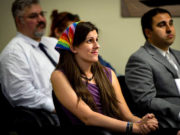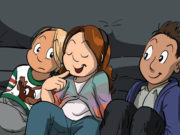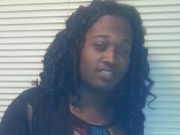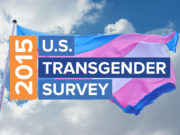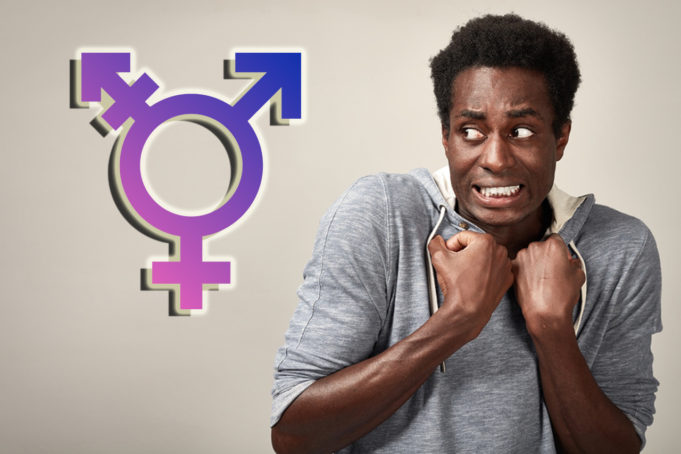“I hate the word homophobia. It’s not a phobia. You are not scared. You are an asshole.”
Most of us have probably seen this quote floating around cyberspace with it typically being attributed to Morgan Freeman (although it was not his quote). While at a group meeting at the new Transgender Resource Center of Long Island, we came around to a conversation about transphobia and immediately I recalled this quote, and it got me to thinking that we really need to take charge of the language that’s used pertaining to us. We’ve allowed words to be created, bastardized, repurposed by general society, and while we’ve begun to reclaim some – such as Queer – we’ve become so accepting of other words that we’ve allowed them to remain in our lexicon. It’s time to take a look at the “phobic” words in our vocabulary and realize that as long as we continue to allow hetero/cisgender people to pretend their bigotry is justified under the guise of fear we are, in some ways, enabling their belief that they can deny us rights or treat us as human beings.
Most dictionaries note that a phobia is irrational, inexplicable, and/or illogical, and refer to a fear of something. One of the most common would likely be arachnophobia – a fear of spiders. Most spiders are pretty harmless. Some can be dangerous, and even deadly. They do, however, cause most people to startle, scream, or freak out on some level with some folks experiencing full-on debilitating responses if presented with a spider. Speaking in public or around large audiences, afraid of heights, or tight spaces, scared of dogs – all extremely common phobias. In fact, most phobias are derived from something and do have the potential to be harmful to a person (i.e. Deadly spiders, falling from a height, suffocating from a tight space). Some are from an event in their life that “taught” them to fear something such as being attacked by a dog thus creating a lifelong phobia of dogs or even sometimes all animals.
“It’s being used as justification for assaults and murders and seems to have been given a green-flag from #45 as being acceptable to attack us.”
Homophobia and now more recently transphobia are big topics right now as many people are battling to deny LGBT people rights, safety, housing, jobs, or the ability to marry or adopt/have kids. It’s being used as justification for assaults and murders and seems to have been given a green-flag from #45 as being acceptable to attack us. In the end, though, these people are not acting or reacting out of fear, but are merely using it as a justification for their bigoted actions. While homo/transphobia are not new concepts, they are relatively new words. Homophobia was introduced in the late 1960s by psychotherapist George Weinberg while transphobia didn’t arrive until the 1990s (as far as we can tell). Neither word really indicates a fear but is used more to denote disgust, hatred, or intolerance for LGBT people.

When someone or a class of people are being suppressed because of a specific aspect of themselves, it is usually indicated with a suffix of –ism such as color – racism, or age – ageism, or gender – sexism. While the –ism itself doesn’t mean “against” it means an ideology or to indicate a practice/action. Therein, it is far more appropriate to create two new words Homoism and Transism to indicate the actions and/or practices of people against those within the LGBT spectrum. The Urban Dictionary does have an entry for homoism with some contradictory entries. While the Urban Dictionary can be helpful in decoding new uses for words today, it is not an accurate dictionary. Do the words themselves sound weird? Sure, they’re brand new words, but right now seems to be the time for introducing and incorporating new words as millennials have begun using words like fleek, sus, low-key/high-key, and others.
The key element here, however, is that we need to not just reclaim words, but we need to be proactive. We need to not just enforce, but we also need to create. Continuing use of “phobic/phobia” continues to let our oppressors justify themselves when there is no right or justification for the treatments they’ve forced us to endure, and now’s the time to make that loud and clear.







